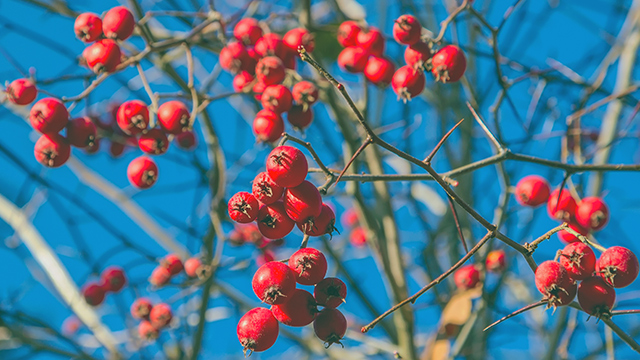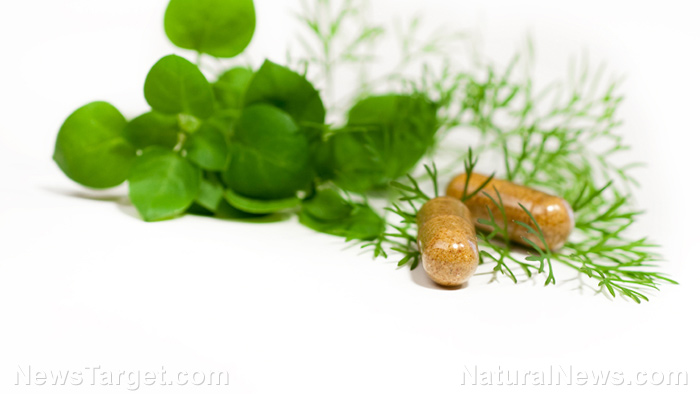
Many people have become extremely dependent on technology and other scientific advancements for almost everything in life. However, for those who are living off-grid, conveniences like treatments for cuts and bruises may not be accessible. Fortunately, nature can provide almost everything that's needed to survive in this world; people just have to know where to look. Essential oils, for instance, are some of the most versatile natural products out there. They have many purposes, including treating scrapes and wounds. (h/t to BackdoorSurvival.com.)
Essential oils are extremely concentrated aromatic extracts derived from different parts of plants. They are produced through steam or water distillation or by cold pressing. Large amounts of plant material are used to get even just a little bit of essential oil, making them rich in bioactive compounds.
Essential oils have many uses, including skin healing, which makes it an important part of a survival kit.
Wounds and scrapes are relatively small problems compared to other health conditions, but if not properly managed, germs can infect the wound and become life-threatening. Skin injuries can be treated with essential oils since these are packed with compounds that have antibacterial, antiseptic, and anti-inflammatory properties that promote healing. Here is a list of essential oils that can be used for this purpose:
- Tea tree – This traditional remedy is known for having antibacterial, antifungal, and antiviral properties so it can prevent pathogens from infecting the wound and entering the body. It also prevents inflammation by promoting leukocyte activity against pathogens. Use tea tree oil by applying it on the wound before putting the bandage or use it as a disinfecting rinse by mixing it with aloe vera gel and hot water.
- Lavender -- Many people are familiar with lavender essential oil because it is used for many purposes, like repelling insects, improving sleeping problems, and curing common colds. Many people also use this for its antimicrobial activities, especially against Staphylococcus aureus and Candida albicans. Lavender essential oil also promotes collagen production and tissue formation, which are involved in the last stages of the healing process. Before using lavender oil, dilute it first in distilled water or in a carrier oil that also has healing properties, such as coconut and rosehip seed oil.
- Calendula -- Calendula essential oil contains various compounds that encourage blood flow to the injured area so it gets the necessary amounts of oxygen and nutrients for healing. It also has anti-inflammatory and antimicrobial properties. When using calendula essential oil, it is recommended to dilute it in sunflower oil to enhance these healing properties.
- Helichrysum -- Although helichrysum essential oil is relatively expensive, it's worth getting because of its potent antibacterial, antiseptic, and anti-inflammatory properties. Because it is highly concentrated, make a two percent dilution of the extracts in a carrier oil before applying it on the wound. It can also be used after the wound has healed to prevent scars.
- Frankincense -- Applying frankincense oil on wounds reduces inflammation and relieves pain. However, this extract should not be applied on fresh wounds and can only be applied once a scar has formed. Like most essential oils, frankincense should also be diluted in carrier oils that support its rejuvenating properties, like argan, sweet almond, and pomegranate oil.
There are many different essential oils that can be used to treat wounds. However, before using them, it is important to make sure that the wound is not too severe to avoid complications since deep and profusely bleeding wounds might need stitching. (Related: 13 Essential oils for your natural emergency kit.)
With essential oils, off-the-grid living will become so much easier. Learn more about the different uses of essential oils by visiting EssentialOils.news today.
Sources include:
Please contact us for more information.





















